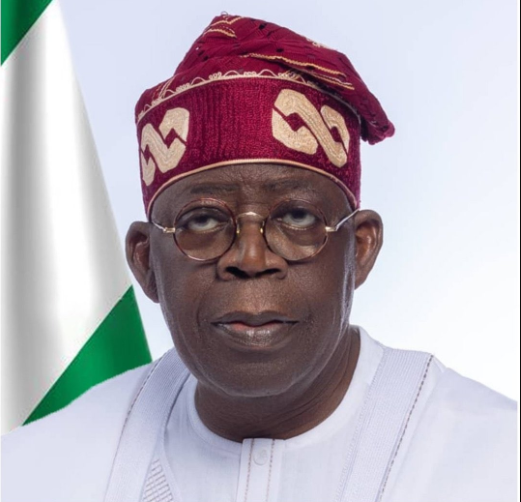The Governor of the Central Bank of Nigeria (CBN), Olayemi Cardoso, has disclosed that Nigeria’s trade surplus has climbed to six per cent of the nation’s Gross Domestic Product (GDP), attributing the improvement to ongoing macroeconomic reforms under the administration of President Bola Tinubu.
Cardoso made the announcement on Wednesday at the G24 press briefing held on the sidelines of the IMF/World Bank Annual Meetings in Washington, D.C.
He noted that the trade surplus is expected to remain stable in the near term as the government’s policy reforms continue to take root.
According to a statement signed by Mohammed Manga, Director of Information and Public Relations at the Federal Ministry of Finance, Cardoso represented the Minister of Finance and Coordinating Minister of the Economy, Wale Edun, at the session.
He stated that Nigeria’s economic outlook is “brightening” despite persistent global economic headwinds.
“Nigeria’s trade surplus has risen to six per cent of the nation’s Gross Domestic Product and is expected to remain at that level in the near term,” Cardoso said. “The improved balance of trade reflects the sound macroeconomic policies now beginning to yield positive results.”
The apex bank governor further revealed that the CBN is developing a framework to strengthen currency swap arrangements with other countries.
The goal, he said, is to ensure such agreements are mutually beneficial while supporting Nigeria’s external reserves and facilitating smoother trade settlements.
Cardoso also underscored the importance of maintaining disciplined macroeconomic management, linking it to disinflation, sustainable growth, and improved investor confidence.
“There is a strong correlation between sound economic policies, sustained growth, and the reduction of inflation,” he noted.
Recent data from the National Bureau of Statistics (NBS) show that Nigeria’s trade surplus rose by 44 per cent in the second quarter of 2025, with total merchandise trade standing at ₦38.04 trillion — up from ₦31.68 trillion in the same period of 2024.
Exports accounted for 59.81 per cent of total trade, valued at ₦22.75 trillion, while imports stood at ₦15.29 trillion. Crude oil remained the top export at ₦11.97 trillion (52.6 per cent), while non-oil exports grew to ₦10.78 trillion, reflecting continued diversification in Nigeria’s external trade profile.
